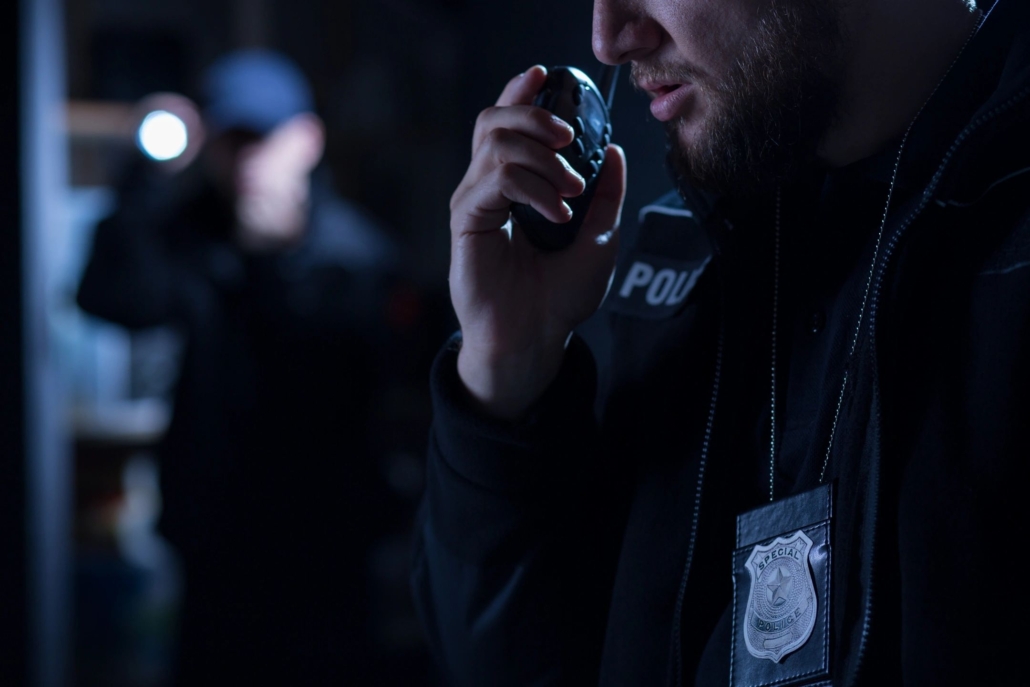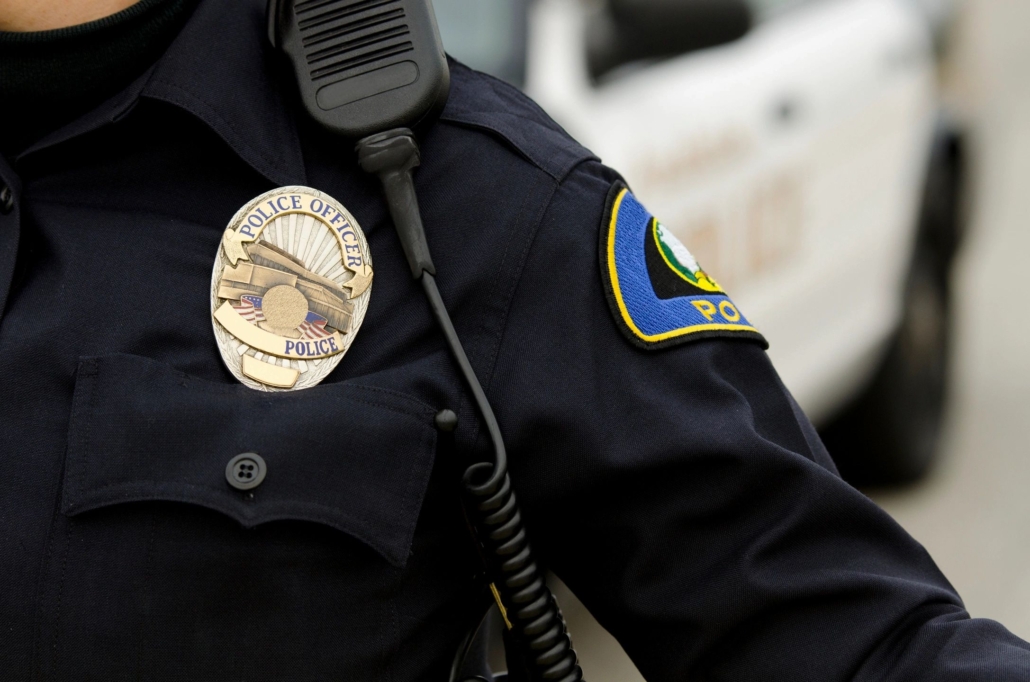Minoritized Youth and Racial Profiling, Part 2
In the first blog post, we learned about Michael’s desire to quickly step out of his home merely blocks away to purchase a McDonald’s meal without a wallet. However, Michael also told us about the many times his mother notified him to carry a wallet with ID. For some people of color, this story may be a regular reminder about our struggle. For others, it is difficult to comprehend the big deal with walking to a restaurant close to home. Since we stopped short of learning about the profiling Michael experienced, we are going to continue to read about it now.
After Michael leaves his home, he tells us “As I turned the corner to walk down the street, I took a few steps and then proceeded to cross the busy street. Within seconds of doing so, I saw a police vehicle approaching. To this day, I am unsure of how I was able to predict this, but intuitively, I knew that this police car was coming for me. As much as I would have liked to be wrong, I wasn’t. Two Caucasian police officers immediately stopped the car by the curb that was parallel to my pathway. They yelled “Stop.” Then, they immediately jumped out of their car. I was scared and became intensely nervous. They shouted, “Put your hands up!” They pushed me against a brick wall, proceeded to frisk me and run through my pockets only to find money. While this event was happening, I was utterly embarrassed and ashamed. Anyone who traveled on this street at the time saw me being berated as if I was a criminal.

The questions came one after another. One asked, “Where was I headed?” While the other questioned, “Where was I coming from?” My anxiety level was high, but I answered both questions truthfully praying that my answers would cease the onslaught of questioning. Still, with further interrogations, I realized that the officers didn’t believe me. Then, I was asked to present identification to validate my home address. My heart sank because I knew my wallet was left at home. The officers asked for my address and again, I shared. When I asked why this was happening the rebuttal was, I resembled the description of a suspicious individual roaming on the street. Afterall of the questioning and frisking, they released me. I was so startled by this experience, my appetite subsided, and I returned home. Upon returning home, I contacted my mother to explain what I had just experienced. While she was mad and hurt, I knew this reminiscent of a painful cycle that she and my dad once endured. She asked if I had my wallet with me and I replied, “no”. This obviously led to a discussion about keeping my wallet close to me. Eventually, it was unearthed that a neighbor, new to our street called the cops on me because they did not recognize my identity.
This dreaded event caused me to understand the errors in my actions. Additionally, I wanted to use the situation as a teachable moment to be knowledgeable of methods to employ for future references. Beyond the recommendation of regularly carrying a wallet, in accordance to the Pacer Center (2020), the following practices should be considered when adolescents interact with the police: (1) respectfully share your name, (2), avoid arguing with the police, (3) never run from the police, (4) ask if they are being arrested but never resist arrest, (5) have no discussion about the situation without the presence of a lawyer or a trusted adult, and (6) never lie. Other critical points to consider are to maintain the visibility of your hands, never assault the police officer, and practice self-control. While these recommendations will not prevent racial profiling, certainly, these steps will increase the likelihood of assisting children who have run-ins with the police to return home safely and securely.

The basis of this blog post was to acknowledge the disproportionality that African American adolescents experience with racial profiling. In continuation, this discussion also luminated the need for parents to articulate to their children the importance of properly mitigating negative relations with police. Considering the idea that no child should experience mistreatment or endure traffic stops by the police because of skin color such occurrences have not been eradicated within societal norms. Recent years revealed, more than ever, homes with minoritized people must emphasize the topic of police brutality. Not because conversations around the subject is conceptually meaningful but for the mere fact that so many innocent black and brown children are unnecessary targets (i.e., Michael Brown, Breonna Taylor, Tamir Rice, etc.). Fortunately for me, I was able to live to tell my story, but observations shows that many other children cannot and may not be able to ensure the same fate.”

While Michael identified some current high profile innocent black and brown people who experienced unimaginable fates, there are so many more who never made or will ever make the news. Yet their loved ones and local communities are dealing with the results of the disparity in treatment. While the process of ridding our communities, countries and world of hate and mistreatment of people is a huge task, it is the purpose of our work at GOMO. We understand that hate only divides people and hurts the progress of a group, community, society and a nation. So we are intentional about bringing truths about the treatment of historically underrepresented and oppressed groups. Then we take the next steps of educating, guiding and supporting one school, one district and one organization at a time to help change the narrative for the future. If you believe that GOMO is the type of partner your organization would like to work with, schedule a consultation with us at www.gomoedservices.com#contact.
References
Pacer Center. (2020). What Youth Need to Know if They Are Question by Police: Tips for Parents to Prepare Their Youth with a Disability. Retrieved from https://www.pacer.org/parent/php/PHP-c171.pdf



